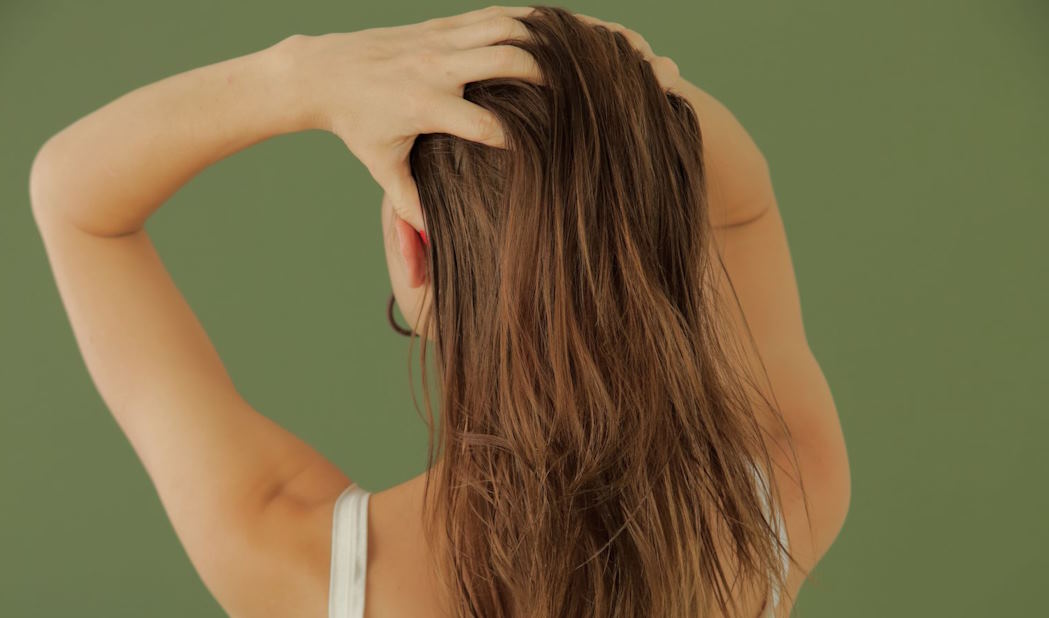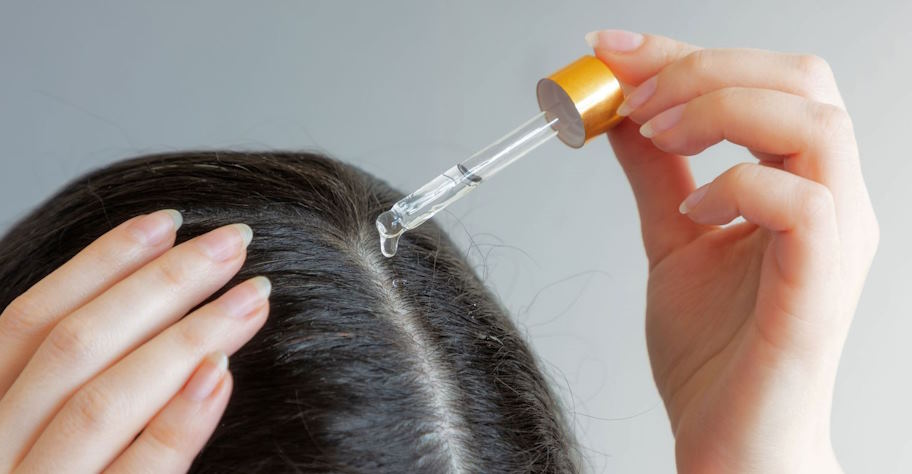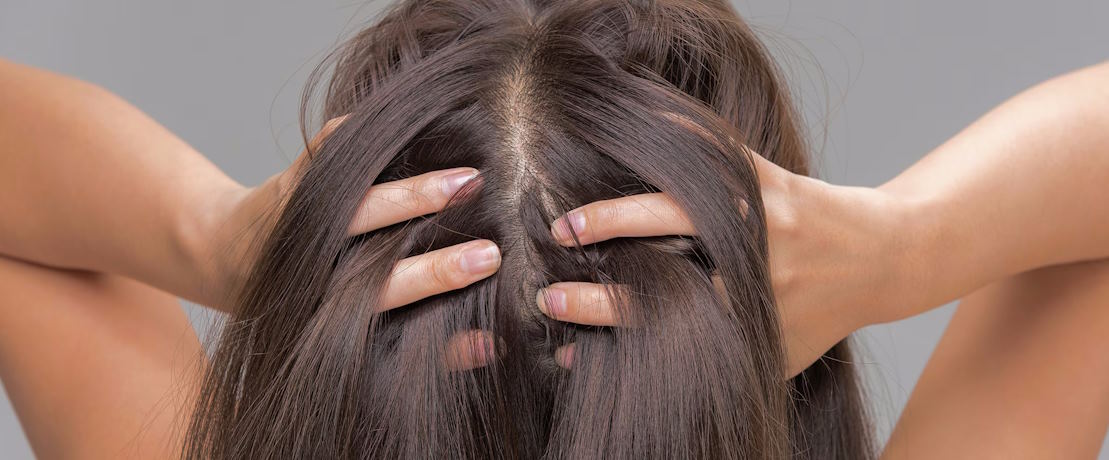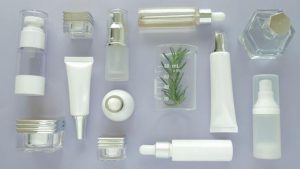
A lush mane of hair is a symbol of beauty and vitality, but often, we forget that the foundation of healthy, vibrant hair lies in the often-overlooked scalp. Your scalp isn’t just the canvas upon which your hair grows; it’s a dynamic and crucial part of the hair ecosystem. Neglecting your scalp can lead to a host of hair woes, from dandruff and itching to hair loss.
Tips for Maintaining a Healthy Scalp
Your scalp is like the foundation of a house—when it’s strong and well-cared for, everything above it, in this case, your hair, thrives. To help you achieve that ideal foundation for your hair, we’ve put together a list of essential tips for maintaining a healthy scalp. Let’s dive in:
Proper Hair Washing Techniques
- Frequency and choice of shampoos: Start with the basics. How often you wash your hair and the shampoo you choose play a crucial role in scalp health. Washing too frequently can strip your scalp of its natural oils, leading to dryness or oiliness. On the other hand, neglecting regular cleansing can lead to buildup and potential issues. Choose a shampoo suitable for your hair type and consider washing every 2-3 days or as needed.
- Importance of gentle massaging while shampooing: When you lather up, take a moment to massage your scalp gently. This stimulates blood circulation, which, in turn, promotes hair growth. Be mindful, though, as vigorous scrubbing can irritate the scalp. So, strike a balance between thorough cleansing and being gentle.
Conditioning and Moisturizing
- Using the right conditioner for your hair type: Conditioners are not one-size-fits-all. Select a conditioner that matches your hair type and concerns, whether it’s for hydration, volume, or repair. Apply it primarily to the hair ends to avoid over-conditioning the scalp, which can lead to greasiness.
- Incorporating scalp-friendly moisturizers: Just as your skin needs moisturizing, so does your scalp. Look for scalp-friendly moisturizers or oils, like argan or jojoba oil, to maintain scalp hydration. These products help combat dryness and itching, keeping your scalp in prime condition.
Avoiding Harsh Hair Products
- Identifying harmful ingredients: Read product labels carefully and steer clear of shampoos, conditioners, and styling products that contain harsh chemicals like sulfates, parabens, and silicones. These ingredients can cause scalp irritation and disrupt its natural balance.
- Opting for natural and scalp-friendly products: Choose hair care products formulated with natural ingredients that nourish and protect your scalp. Look for keywords like “sulfate-free” and “organic” on product labels.
Stress Management
- Explain the link between stress and scalp issues: Stress isn’t just a mental burden; it can manifest physically, including on your scalp. High stress levels can lead to scalp problems such as increased oil production, dandruff, or even hair loss.
- Suggest stress-reduction techniques: Incorporate stress-reduction practices into your daily routine, such as meditation, yoga, or deep breathing exercises. These techniques can help alleviate stress and maintain a harmonious scalp environment.
Lifestyle Factors Affecting Scalp Health
When it comes to achieving and maintaining a healthy scalp, your lifestyle choices can either be your greatest ally or your worst enemy. Let’s delve into how your day-to-day decisions impact your scalp health and, consequently, the well-being of your hair.
Discuss the impact of lifestyle choices on the scalp
Your lifestyle is an intricate tapestry of choices that directly affect your scalp health. Stress, diet, hygiene, and daily habits all play a vital role in determining whether your scalp thrives or struggles. A mindful approach to these choices can lead to a healthier scalp and, consequently, lustrous hair.
Address factors like smoking, alcohol, and exercise
Smoking and excessive alcohol consumption can wreak havoc on your scalp. Smoking reduces blood flow to the scalp, depriving it of essential nutrients, while alcohol dehydrates both your body and scalp. Moderation or quitting these habits can significantly improve scalp health. On the flip side, regular exercise boosts blood circulation, ensuring your scalp receives the nutrients it needs for optimal health.
Emphasize the importance of regular sleep and its role in scalp health
The importance of quality sleep cannot be overstated. While you rest, your body goes into repair mode, including repairing and rejuvenating your scalp. Inadequate sleep can lead to increased stress levels and, consequently, a less healthy scalp. Aim for 7-9 hours of quality sleep per night to support overall scalp health and hair vitality.






